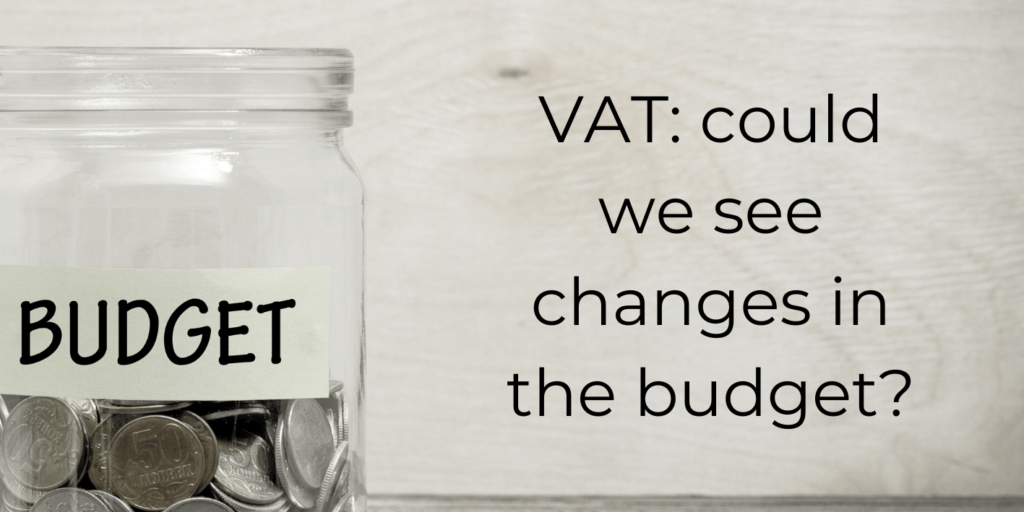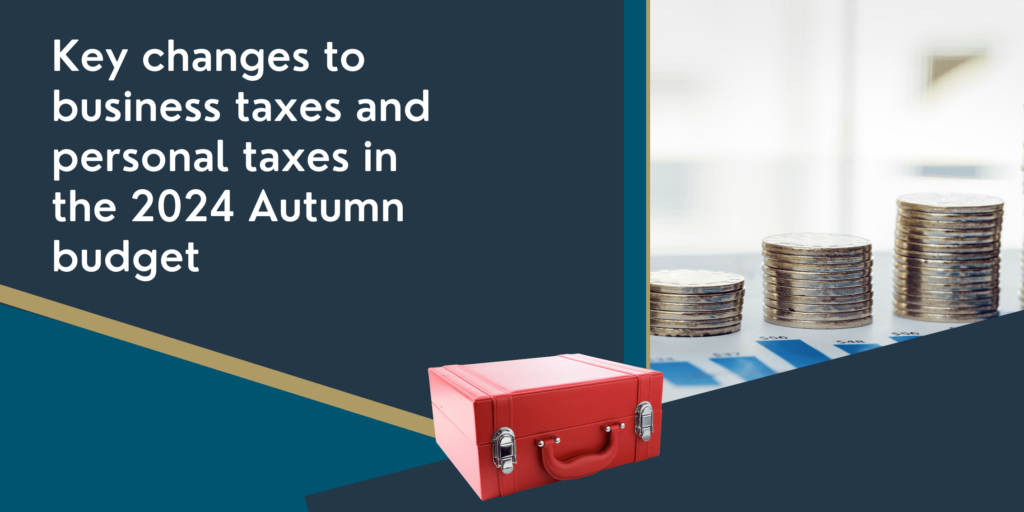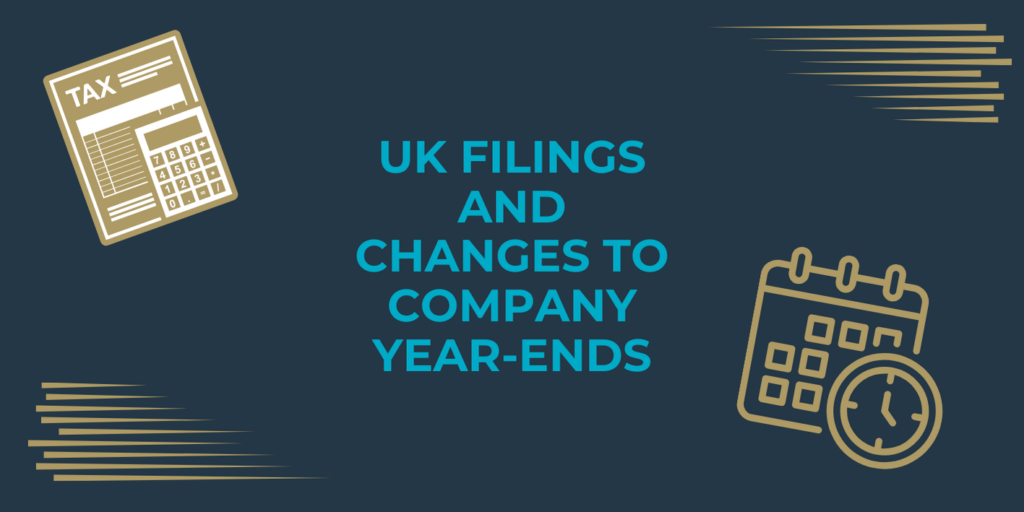VAT: could we see changes in the budget?

The Chancellor Rachel Reeves announced the first budget of the new Labour government will take place on 30 October 2024.
There has been much talk in the media about tax increases and The Chancellor herself has indicated there will be tax rises. However, during the election campaign Labour committed to not increase income tax, national insurance or VAT.
Other taxes
One possible area where taxes could be raised is capital gains tax.
Corporation tax could also be raised though the main rate is already at its highest since 2011.
Another option would be to increase inheritance tax, either by increasing the tax rate from its current 40% or by reducing the nil rate band from the £325,000 threshold.
VAT on school fees
We do already know, however, that Labour intends to make one change to VAT by ending the exemption for private schools from VAT. This means that VAT at 20% will now be added to private school fees from 1 January 2025.
The VAT registration threshold
One further change could also be the VAT registration threshold. The previous government increased this from £85,000 to £90,000 in April 2024 but prior to this it had been frozen at £85,000 since 2017.
We have already seen the effect of freezing thresholds on income tax bringing more individuals in to higher rate tax than ever before. The previous freeze on the VAT registration threshold of £85,000 for seven years had a similar effect on businesses by bringing more businesses within VAT.
Reducing the VAT threshold would clearly cause many more businesses to need to register for VAT. These businesses would need to charge VAT to their customers and pay this VAT over to HM Revenue & Customs, thereby increasing tax revenue without increasing the VAT rate.
In addition, some businesses ensure they remain below the threshold to avoid the additional administrative burden VAT registration can bring and to ensure that they do not have to charge VAT to their customers. One effect of this is a suppression of business growth.
Denmark, Norway and Sweden have thresholds below £10,000 whilst Belgium and Germany have thresholds slightly above £20,000. Few businesses could remain consistently below this level whilst remaining viable, and so this suppression of growth may reduce. This could in turn increase business tax revenues further.
If the threshold is lowered, many businesses will need to prepare VAT returns for the first time. Should you require assistance with your business’s VAT returns, should it be your first VAT return or otherwise, please get in touch with your local Perrys branch.








